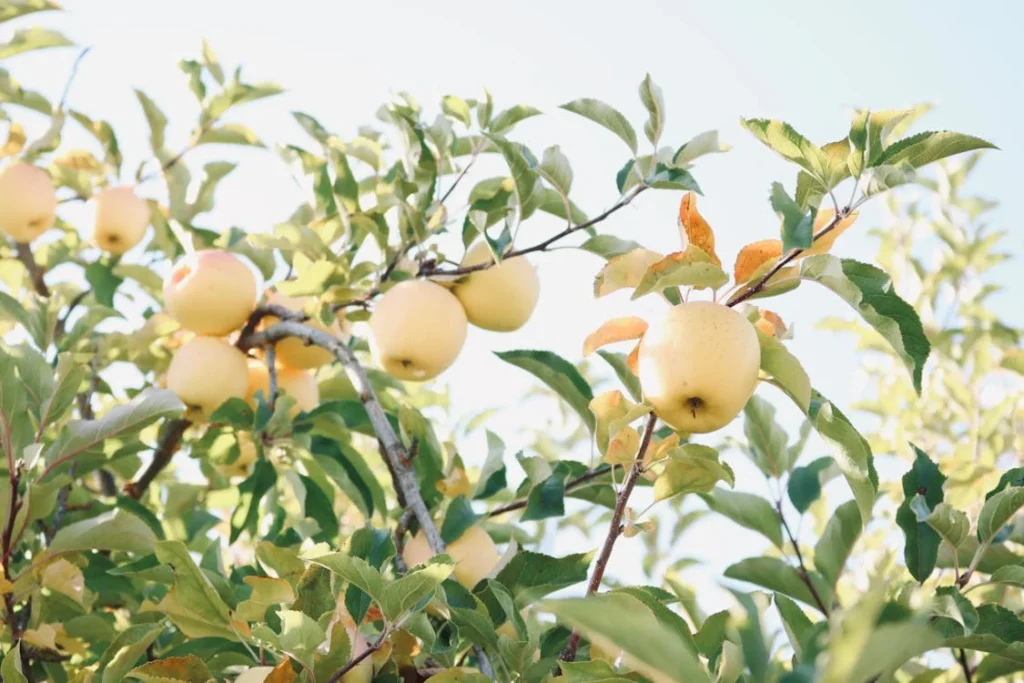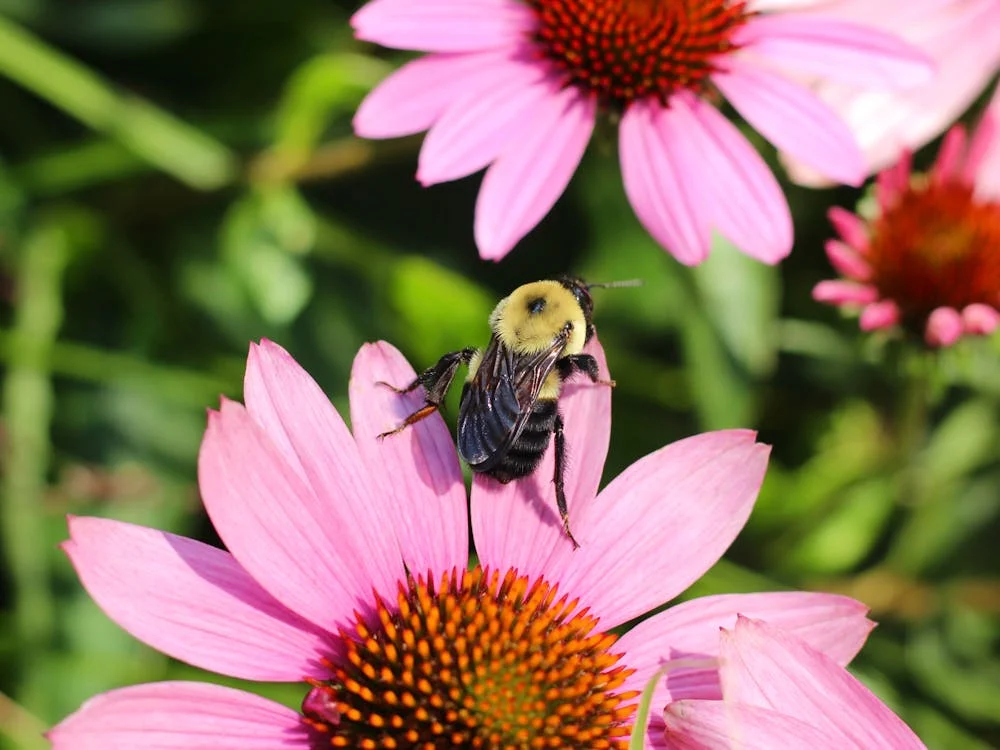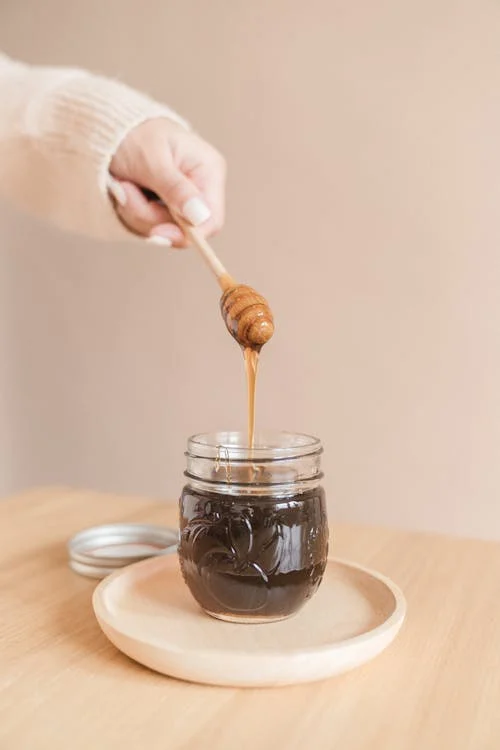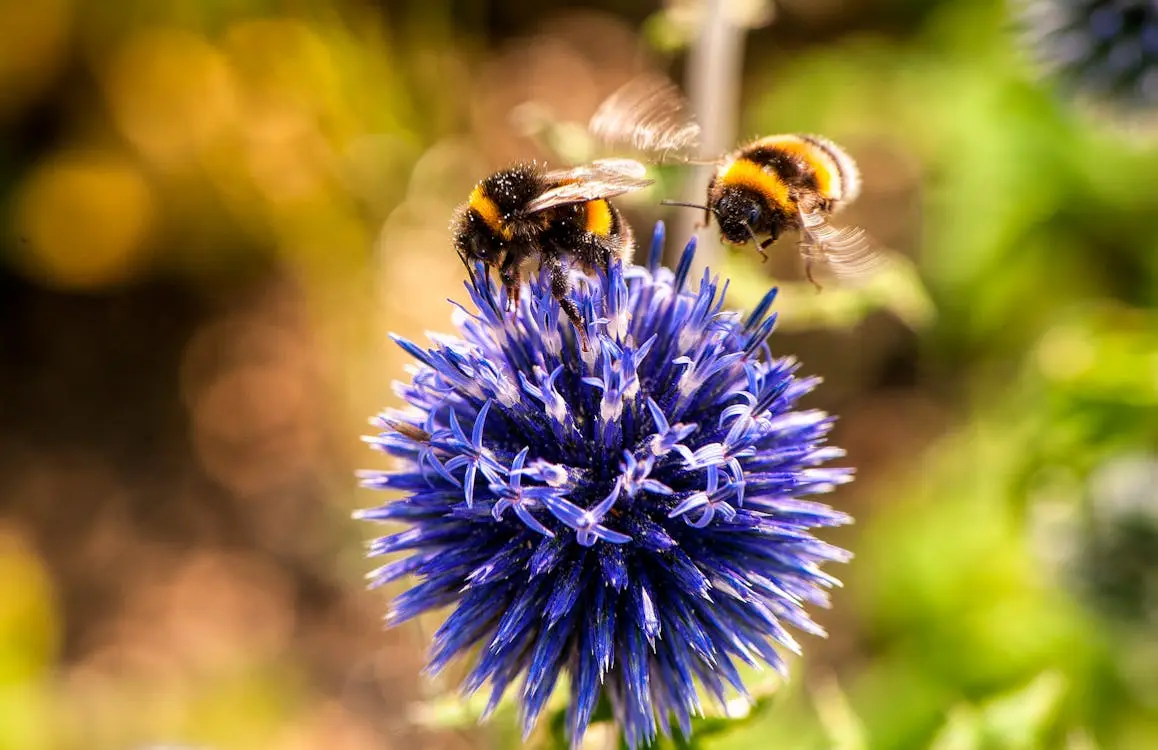Why Bees Matter — And How You Can Help Protect Them
Bees are more than just buzzing visitors in our gardens — they’re vital to our food systems and the natural world. As key pollinators, bees play a crucial role in helping plants reproduce, making them responsible for about one-third of everything we eat.
From fruits and vegetables to flowering plants, bees ensure the growth and survival of many essential crops. But bee populations are under serious threat, with numbers dropping due to habitat destruction, pesticide exposure, and climate change. The good news? There are simple, impactful steps we can all take to support these incredible insects.

The Role of Bees in Nature
Bees are among the most effective pollinators on the planet. As they collect nectar, they carry pollen from flower to flower, fertilizing plants and allowing them to produce fruits and seeds. This not only sustains human agriculture — including crops like apples, almonds, and tomatoes — but also supports ecosystems by enabling plant diversity and providing food and habitat for other species.
Without bees, the ripple effects across food chains and ecosystems would be significant.
Easy Ways to Help Bees Thrive

Grow Pollinator-Friendly Plants
A colorful, flower-filled garden isn’t just beautiful — it’s also a haven for bees. Native plants such as lavender, sunflowers, coneflowers, and clover are particularly beneficial. Even a window box or balcony planter can make a difference if filled with nectar-rich blooms.
Build a Bee Habitat
Help solitary bees by leaving parts of your garden wild or installing a bee hotel. Materials like hollow bamboo sticks or drilled wood blocks offer excellent nesting spots.

Support Ethical Beekeeping
Buying local honey and beeswax products helps sustain responsible beekeepers and promotes the health of managed bee colonies. It’s a small act with a big impact.
Avoid Harmful Chemicals
Chemical pesticides can be deadly to bees. Choose natural pest control methods or plant pairings that repel pests. If you must use products, opt for organic or bee-safe alternatives, and apply them in the early morning or late evening when bees are less active.
Final Thoughts
Bees are essential allies in preserving biodiversity and ensuring our food supply. By planting bee-friendly gardens, avoiding harmful chemicals, and supporting local beekeepers, we can all do our part to create a safer, healthier world for bees — and for ourselves.
